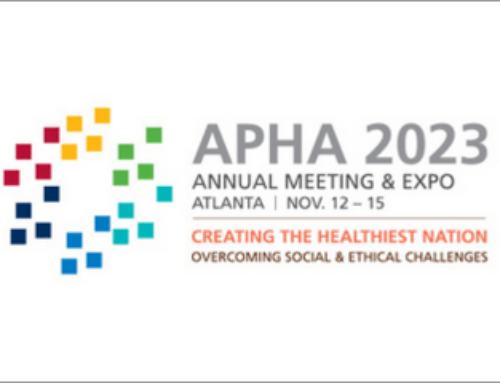This week, Medicare issued a letter, which it requested be broadly distributed to physicians, to explain that Advance Beneficiary Notices (ABN) are not appropriate for care denials based on a MUE denial. Medicare denials may occur based on automatic edits referred to as "Medically Unlikely Edits" (MUE or MUEs).
To provide context, the acronym has also been known to stand for "Medically Unbelievable Edit." Examples of these edits include: A limit of two for cataract surgery to reflect a patient having only two eyes, or a service that appropriately may be done once in a day and it was reported twice. ABNs are provided to patients who are Medicare beneficiaries and explain that the patient will be responsible for payment for services previously identified by Medicare as not covered. Please note that the Medicare letter is clear in stating that units of service that are greater than the MUE edit allowance may not be billed to the patient as Medicare considers these to be a "provider liability" that cannot be waived or serve as the basis for an ABN. Read the Medicare letter here.
Please note the AASM will conduct a webinar on July 16 that will provide detailed information on ABNs; information on the webinar and registration is forthcoming.








